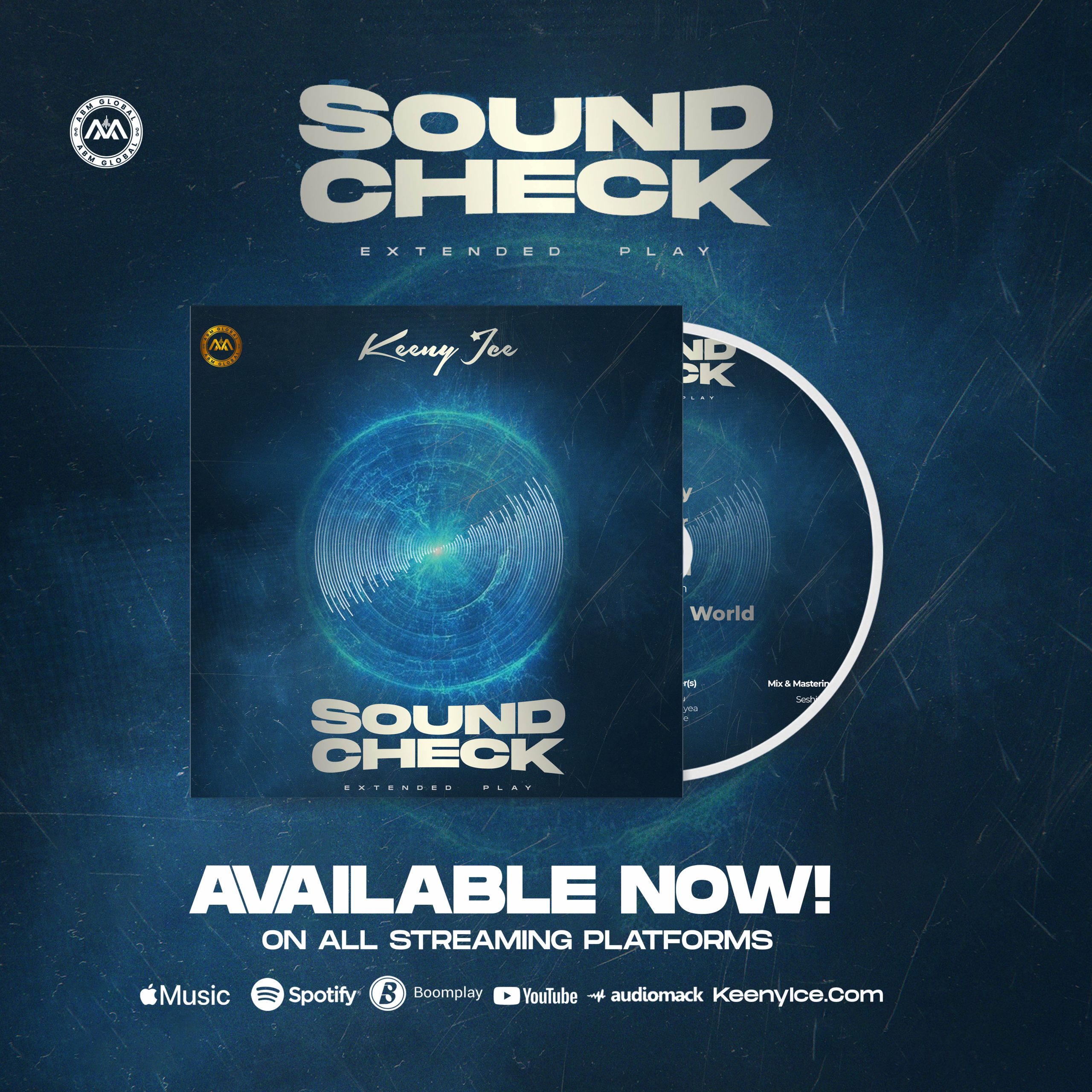Marketing, training and sales teams turn to music as a way to attract and engage colleagues and prospects. However, few understand the licensing requirements associated with using music in presentations and videos. Whether using popular music or production music, if you are thinking about adding music to marketing, sales, and other corporate communications, understanding the unique licensing requirements is critical.
Music rights are complicated.
For any one piece of music, there are a number of licenses that may be required to enable what seems like a single use. For example, a public performance license enables a company or building to play a song for an audience, but a synchronisation (“sync”) license is required to set the song to a visual work such as a movie, YouTube video or even a PowerPoint presentation. A mechanical license allows a company to manufacture copies of copyrighted compositions in forms such as CDs, records, and digital downloads, but this license does not cover any performance or playback of the work.
A license from a Performance Rights Organization doesn’t cover all of your music licensing needs.
Performance Rights Organisations (“PROs”) only cover the public performances or playback of music for public consumption, not music sync or reproduction. A license acquired from a PRO (like ASCAP, BMI, or SESAC in the US, or their counterparts in virtually every other country in the world), covers public performances or playback for public consumption. Examples include playing a song in a cafeteria or on phone hold, but a PRO license does not allow the song to be synchronised with or played in coordination with a sales presentation or a video and it does not provide reproduction rights.
Companies need music synchronisation rights.
Although individuals within a company may know about synchronisation rights and abide by the law, not every employee knows the legal requirements. Employees often add music from their own phones or the web to PowerPoint presentations or videos, not realising their actions may be infringing on copyrights. Furthermore, employees may confuse a public performance license with a sync license, believing that a PRO license covers their sync use. Businesses should be aware of the legal risks around synchronisation, and should purchase a license before any litigation arises.
Music rights holders know how to defend their rights, and not having a sync license puts your company at risk.
The music industry earns its revenue from copyrights and so rights holders are sometimes quick to take legal action against infringement. Lacking the proper license, whether by intentional act or an honest mistake, puts a company at risk for copyright infringement. Everyone from famous YouTubers like Michelle Phan, to politicians like Ted Cruz, have gotten into legal trouble because of a lack of sync licensing or other music-rights licensing, and with statutory damages as high as $150,000, businesses are well advised to be careful.
Not all licenses are created equal, and neither are all licensing organisations.
There are a number of companies that offer sync rights for businesses. However, it’s important to consider the reliability, reputation and resources of that company. Even those that offer indemnification may not be able financially to adequately defend against infringement claims or pay damages. As the quality of the indemnity varies from company to company, knowing from whom your indemnity comes and whether it is a trustworthy source is essential when getting a sync license.
Failure to clear permission to use music can lead to reputational harm.
Musicians have huge public voices, and can use these voices to leverage support against your company if they feel aggrieved. They will use their voice to complain not only about infringement, but also complain about your company and its products.
The right music can make all the difference in helping marketing, sales and corporate communications professionals engage with and inspire their audience, but without a clear understanding of the licensing requirements, companies could be at risk for copyright infringement.
Source:Copyright.com

